Home>Garden Essentials>How To Use Celery Seeds
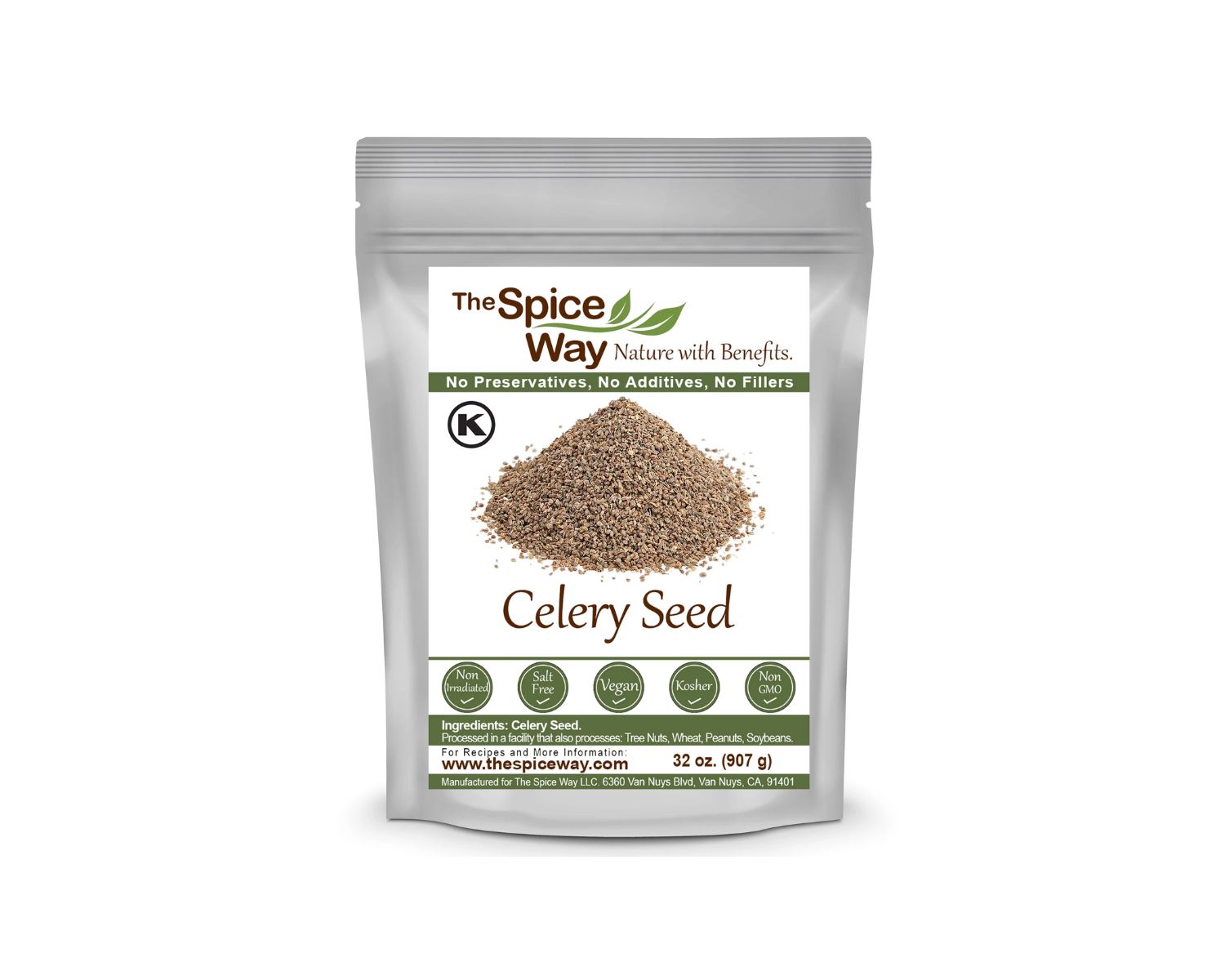

Garden Essentials
How To Use Celery Seeds
Modified: March 16, 2024
Discover the secrets of using celery seeds in your garden. Learn how to plant, care for, and harvest these flavorful seeds to enhance your culinary creations.
(Many of the links in this article redirect to a specific reviewed product. Your purchase of these products through affiliate links helps to generate commission for Storables.com, at no extra cost. Learn more)
Introduction
Welcome to the world of gardening! If you’re a passionate gardener or someone who loves to explore the wonders of nature, you’re in for a treat. In this article, we will delve into the intriguing world of celery seeds and discover the various ways you can incorporate them into your gardening and culinary adventures.
Celery seeds, derived from the celery plant, are a treasure trove of flavors and health benefits. These small, brown seeds pack a powerful punch, offering a distinct taste that is both savory and slightly bitter. They have been used for centuries in various cuisines around the world and are also known for their medicinal properties.
So, put on your gardening gloves and join us as we dive into the fascinating realm of celery seeds!
Key Takeaways:
- Celery seeds are small but mighty, offering health benefits like anti-inflammatory properties, antioxidant activity, and digestive support. Use them in moderation and consult a healthcare professional if you have concerns.
- When using celery seeds in your culinary creations, grind them for maximum flavor, use them sparingly, and experiment with pickling. Store them properly in a cool, dark place to maintain their freshness.
Read more: What To Use Instead Of Celery Seeds
What Are Celery Seeds?
Celery seeds come from the celery plant, scientifically known as Apium graveolens. While we commonly associate celery with its crisp stalks and leafy green tops, the seeds of the plant also hold significant value. These seeds are small in size, approximately the size of a pinhead, and are characterized by their brown color.
One interesting fact about celery seeds is that they are not actual seeds but rather the dried fruit of the celery plant. These fruits contain two seeds each and are harvested when they reach maturity.
Historically, celery seeds have been used both as a spice in cooking and for their medicinal properties. In terms of flavor, celery seeds have a strong and distinct taste that is reminiscent of celery but more concentrated and slightly bitter.
It’s important to note that celery seeds are different from the seeds you would use to grow celery plants in your garden. While you can try harvesting seeds from mature celery plants, commercial celery seeds that are available for purchase are bred specifically for their flavor and health benefits.
Next, let’s explore the nutritional profile of celery seeds to understand their incredible health benefits.
Nutritional Profile of Celery Seeds
Celery seeds may be small, but they are packed with a variety of essential nutrients that can contribute to your overall well-being. Let’s take a closer look at the nutritional profile of celery seeds:
- Fiber: Celery seeds are an excellent source of dietary fiber, which plays a crucial role in maintaining healthy digestion and preventing constipation.
- Vitamins: Celery seeds are rich in vitamins such as vitamin C, vitamin A, vitamin K, and folate. These vitamins are essential for supporting immune function, promoting healthy vision, and aiding in cell production and growth.
- Minerals: Celery seeds are a good source of minerals like calcium, potassium, magnesium, and phosphorus. These minerals are important for maintaining healthy bones, regulating blood pressure, and supporting muscle function.
- Antioxidants: Celery seeds contain several antioxidants, including flavonoids and phenolic compounds. These antioxidants help protect the body’s cells from damage caused by free radicals, thus reducing the risk of chronic diseases.
- Essential Oils: Celery seeds are known for their high essential oil content, which gives them their distinct aroma and flavor. The essential oils in celery seeds, such as limonene and selinene, possess antimicrobial and anti-inflammatory properties.
It’s important to note that while celery seeds provide these essential nutrients, it’s unlikely that you’ll consume them in large enough quantities to significantly impact your overall nutrient intake. However, adding them to your diet can still offer some health benefits due to their unique properties and bioactive compounds.
Now that we’ve explored the nutritional value of celery seeds, let’s discover the various health benefits they provide.
Health Benefits of Celery Seeds
Celery seeds offer a range of health benefits, making them a valuable addition to your diet and wellness routine. Let’s explore some of the remarkable health benefits associated with celery seeds:
- Anti-inflammatory properties: The essential oils present in celery seeds, such as limonene and selinene, possess anti-inflammatory properties. These properties may help reduce inflammation in the body, which is linked to various chronic conditions like arthritis, cardiovascular disease, and certain types of cancer.
- Antioxidant activity: Celery seeds contain antioxidants that can help neutralize harmful free radicals in the body, protecting cells from damage. This antioxidant activity may contribute to a reduced risk of chronic diseases, including heart disease, certain forms of cancer, and age-related degenerative disorders.
- Pain relief: Thanks to their anti-inflammatory properties, celery seeds may provide relief from pain and discomfort associated with conditions like arthritis and gout. In traditional medicine, celery seeds have been used to alleviate joint pain and promote overall joint health.
- Lower blood pressure: Some studies suggest that celery seeds may have a mild diuretic effect, promoting the excretion of excess fluid and helping to lower blood pressure levels. Additionally, the presence of compounds like phthalides in celery seeds may help relax the muscles in the walls of blood vessels, leading to improved blood flow and reduced hypertension.
- Digestive support: Celery seeds are rich in dietary fiber, which can promote healthy digestion and prevent constipation. They may also help stimulate the production of digestive enzymes, aiding in the breakdown and absorption of nutrients.
It’s important to note that while celery seeds have been associated with these health benefits, they should not replace professional medical advice or treatment. If you have any specific health concerns, it’s always best to consult with a healthcare professional.
Now that we’ve explored the health benefits, let’s move on to the culinary uses of celery seeds.
Culinary Uses of Celery Seeds
Celery seeds add a unique and distinctive flavor to a variety of dishes, making them a versatile spice in the culinary world. Here are some popular culinary uses of celery seeds:
- Seasoning: Celery seeds are commonly used as a seasoning in dishes like soups, stews, and sauces. They provide a savory and slightly bitter flavor that complements a range of ingredients, adding depth and complexity to the overall taste.
- Pickling: Celery seeds are a key ingredient in pickling blends. They lend a tangy and pungent flavor to pickled vegetables, enhancing the overall taste and texture. Additionally, the antimicrobial properties of celery seeds can help with the preservation process.
- Baking: Celery seeds can be incorporated into bread and baked goods, adding a subtle hint of flavor. They pair well with ingredients like whole wheat flour, seeds, and nuts, lending a unique taste to bread, biscuits, and crackers.
- Salad dressings: Celery seeds can be used in homemade salad dressings, offering a distinctive taste and aroma. They’re particularly delicious in creamy dressings and vinaigrettes, adding a burst of flavor to your favorite salads.
- Marinades and rubs: Celery seeds can be combined with other herbs and spices to create flavorful marinades and rubs for meats, poultry, and seafood. Whether you’re grilling, roasting, or sautéing, celery seeds can enhance the taste and aroma of your dishes.
When using celery seeds in your recipes, it’s important to keep in mind that they have a potent flavor. Start with a small amount and adjust according to your taste preferences. Grinding the seeds before use can also unlock their full flavor potential.
Now that you know how to make the most of celery seeds in your culinary adventures, let’s move on to the important topic of storing celery seeds.
Add celery seeds to pickling brine for a unique flavor. Grind and sprinkle on salads or use in coleslaw for a crunchy, aromatic twist.
Read more: What Do You Use Celery Seed For
How to Store Celery Seeds
Proper storage is vital to preserve the flavor and freshness of celery seeds. Follow these guidelines to ensure the longevity of your celery seeds:
- Keep them in an airtight container: Transfer your celery seeds from their original packaging to an airtight container. This will protect them from air and moisture, which can compromise their quality over time. Choose a glass jar or airtight plastic container that seals tightly.
- Store in a cool, dark place: Celery seeds should be kept away from heat, light, and humidity. Choose a cool and dark spot in the kitchen pantry or a cabinet away from direct sunlight. Avoid storing them near the stove or any other source of heat.
- Avoid exposure to moisture: Moisture can cause celery seeds to clump or spoil. Make sure the container is completely dry before transferring the seeds. Also, avoid storing them near the sink or any humid areas in the kitchen.
- Date and label the container: To keep track of freshness, write the date of purchase or the date you transferred the seeds to the container. This will help you monitor their shelf life and ensure you use them while they’re at their best.
- Use within a reasonable timeframe: Although celery seeds can last for several years, it’s best to use them within 1 to 2 years for optimum flavor and potency. Over time, the seeds may lose some of their intensity, so it’s good practice to replenish your stock periodically.
By following these storage tips, you can enjoy the full flavor of your celery seeds in your culinary creations for an extended period.
Now that you know how to store celery seeds properly, let’s move on to some tips for using them in your dishes.
Tips for Using Celery Seeds
Celery seeds are a versatile ingredient that can elevate the flavor of your dishes. Here are some tips to make the most out of using celery seeds:
- Grind them for maximum flavor: Consider grinding celery seeds before use to unleash their full flavor potential. Use a spice grinder or mortar and pestle to create a fine powder, which can easily blend into your recipes.
- Use them sparingly: Celery seeds have a strong flavor, so a little goes a long way. Start by adding a small amount of ground celery seeds and gradually adjust to your desired taste. Remember, you can always add more, but it’s challenging to reduce their intensity once added.
- Combine with other herbs and spices: Celery seeds pair well with a variety of other herbs and spices. Experiment with combinations like cumin, coriander, dill, thyme, and mustard seeds to create unique flavor profiles in your recipes.
- Toast them for enhanced flavor: Toasting celery seeds before using them can intensify their flavor and aroma. Heat a dry skillet over medium heat, add the celery seeds, and toast them for a few minutes until fragrant. Be careful not to burn them, as it can result in a bitter taste.
- Add to homemade spice blends: Incorporate celery seeds into your homemade spice blends to add a distinct touch to your favorite dishes. Create your own seasoning mix for roasted vegetables, grilled meats, or even popcorn.
- Experiment with pickling: If you enjoy pickling at home, celery seeds can be a fantastic addition to your pickling brine. Combine them with vinegar, salt, and other spices to create delicious pickled vegetables.
- Consider their texture: While celery seeds are known for their flavor, they also have a slightly crunchy texture. Keep this in mind when using them in your recipes, especially when adding them to baked goods or dishes that require a smooth texture.
These tips will help you make the most out of celery seeds, adding a unique and flavorful element to your culinary creations.
Next, let’s discuss the potential side effects of celery seeds and important considerations to keep in mind.
Potential Side Effects of Celery Seeds
Celery seeds are generally safe for most people when consumed in moderation as a part of a balanced diet. However, it’s important to be aware of potential side effects and take necessary precautions. Here are some things to keep in mind:
- Allergic reactions: Some individuals may have an allergic reaction to celery seeds. If you have known allergies to celery or other plants in the Apiaceae family (such as carrots, parsley, or dill), it’s best to avoid celery seeds to prevent any adverse reactions.
- Pregnancy and breastfeeding: Pregnant and breastfeeding women should exercise caution when consuming celery seeds. While there is no strong evidence suggesting harm, it’s always wise to consult with a healthcare professional before incorporating any new food or supplement into your diet during this time.
- Interactions with medications: Celery seeds may interact with certain medications, particularly blood-thinning medications. If you are taking any medications or have an underlying medical condition, it’s crucial to consult with a healthcare professional before adding celery seeds to your routine.
- High sodium content: Celery seeds naturally contain sodium, so if you are on a low-sodium diet or have concerns about your sodium intake, it’s important to moderate your consumption of celery seeds and consider other alternatives.
- Digestive issues: In rare cases, some individuals may experience digestive discomfort or an upset stomach after consuming celery seeds. If you notice any adverse effects, it’s best to discontinue use and consult with a healthcare professional.
Everyone’s body is unique, so it’s essential to listen to your own body and adjust your intake accordingly. If you have any specific concerns or medical conditions, always seek advice from a healthcare professional before incorporating celery seeds into your diet.
Now that we’ve discussed potential side effects, let’s wrap up our exploration of celery seeds.
Conclusion
Celery seeds are not only a flavorful addition to your culinary repertoire, but they also offer an array of potential health benefits. From their anti-inflammatory and antioxidant properties to aiding in digestion and potentially lowering blood pressure, these tiny seeds have much to offer.
Whether you decide to use celery seeds as a seasoning in soups and sauces, as a key ingredient in pickling, or as a flavor enhancer in baked goods, their distinctive taste and aromatic compounds can elevate any dish. Remember to use them in moderation, as they have a strong flavor profile.
It’s important to store celery seeds properly in a cool, dark, and moisture-free environment to maintain their freshness and potency. Take note of the potential side effects and consult with a healthcare professional if you have any concerns or underlying medical conditions.
So, embrace the world of gardening and embark on an exciting culinary journey with celery seeds. Whether you’re a seasoned gardener or a curious novice, incorporating these versatile seeds into your recipes can add depth, flavor, and a touch of nutritional value to your meals.
With a little bit of creativity and a sprinkle of celery seeds, your dishes will come to life with a delightful and unique twist. So go on, explore the possibilities, and unlock the potential of celery seeds in your kitchen today!
Frequently Asked Questions about How To Use Celery Seeds
Was this page helpful?
At Storables.com, we guarantee accurate and reliable information. Our content, validated by Expert Board Contributors, is crafted following stringent Editorial Policies. We're committed to providing you with well-researched, expert-backed insights for all your informational needs.
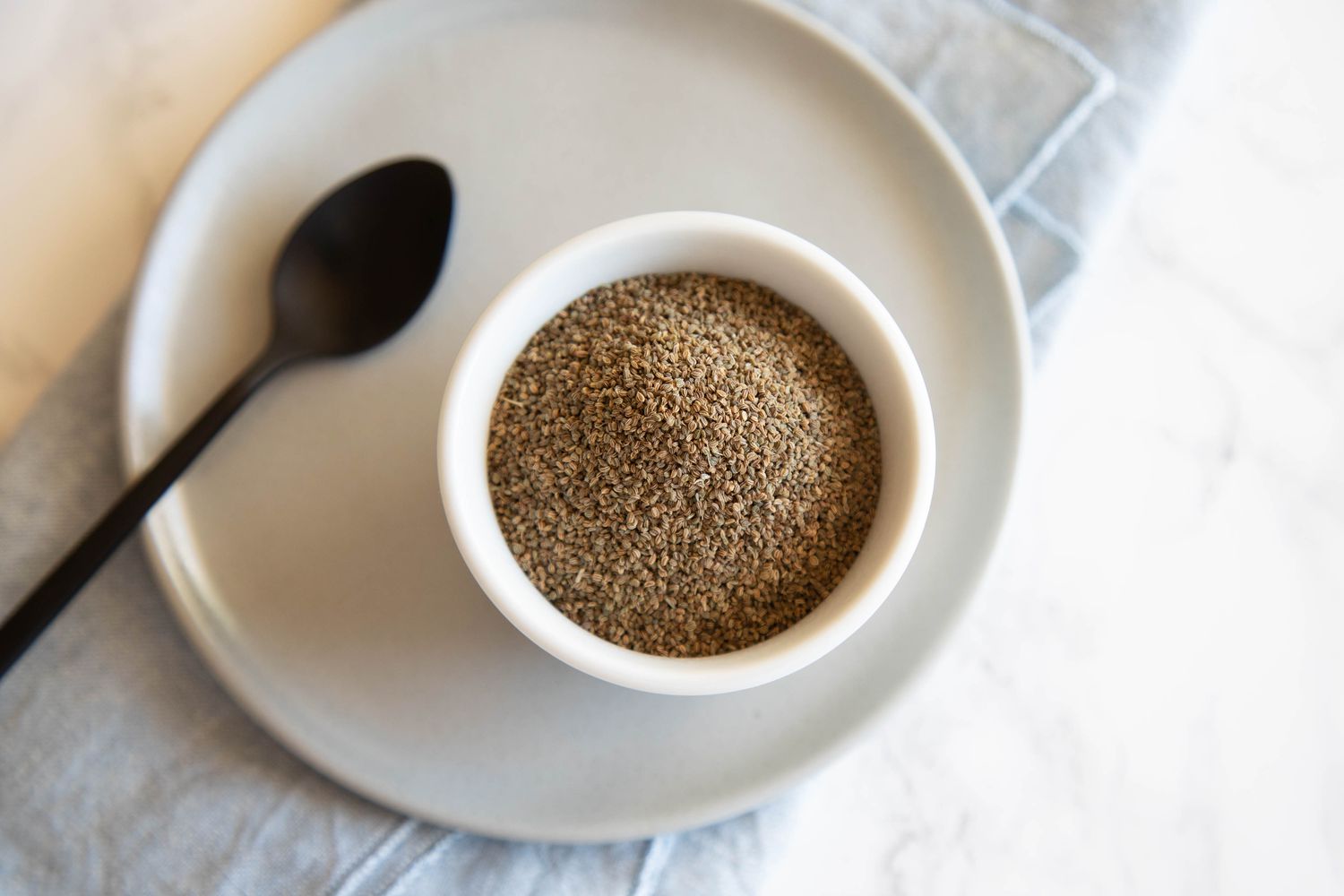
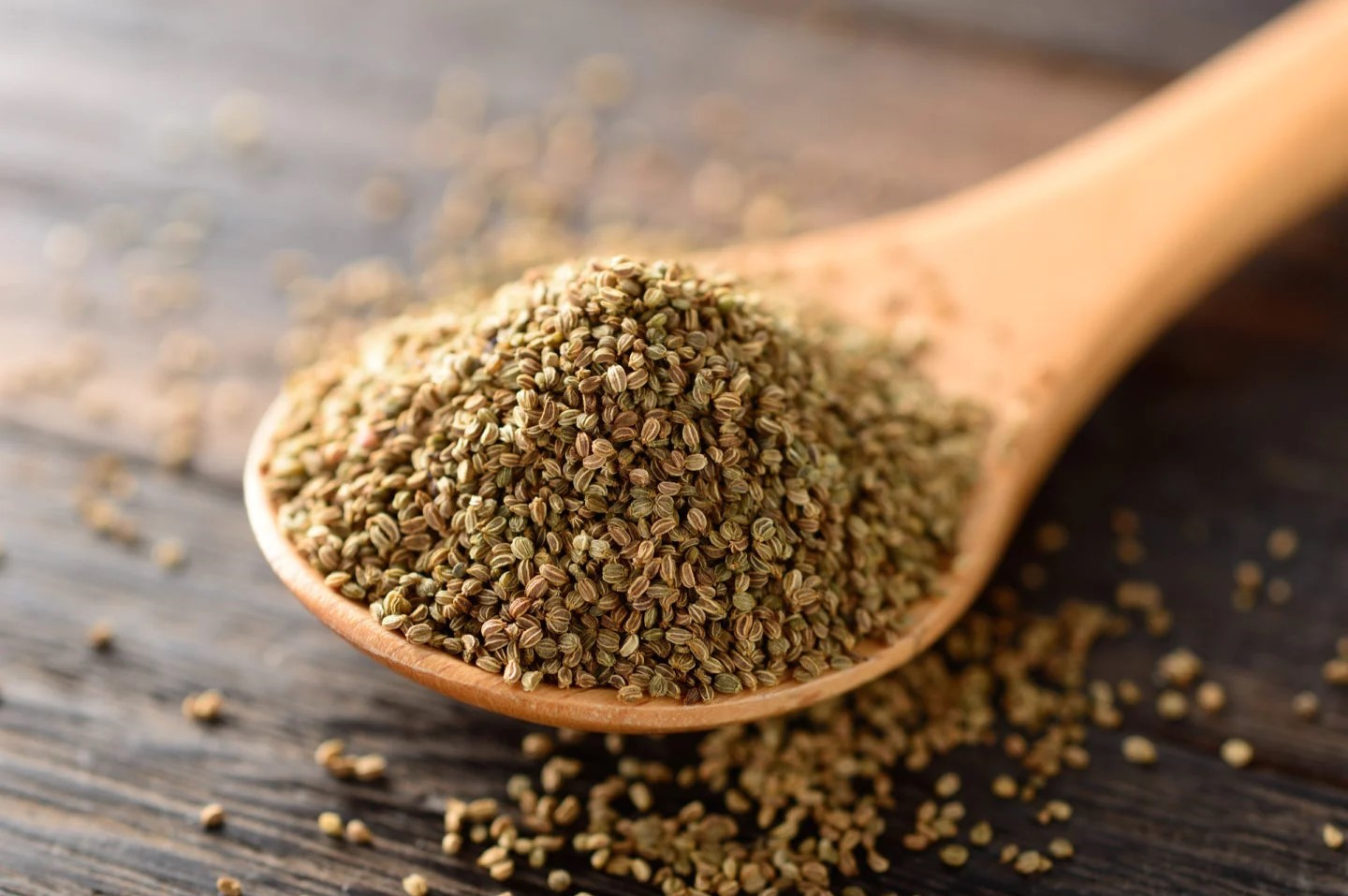
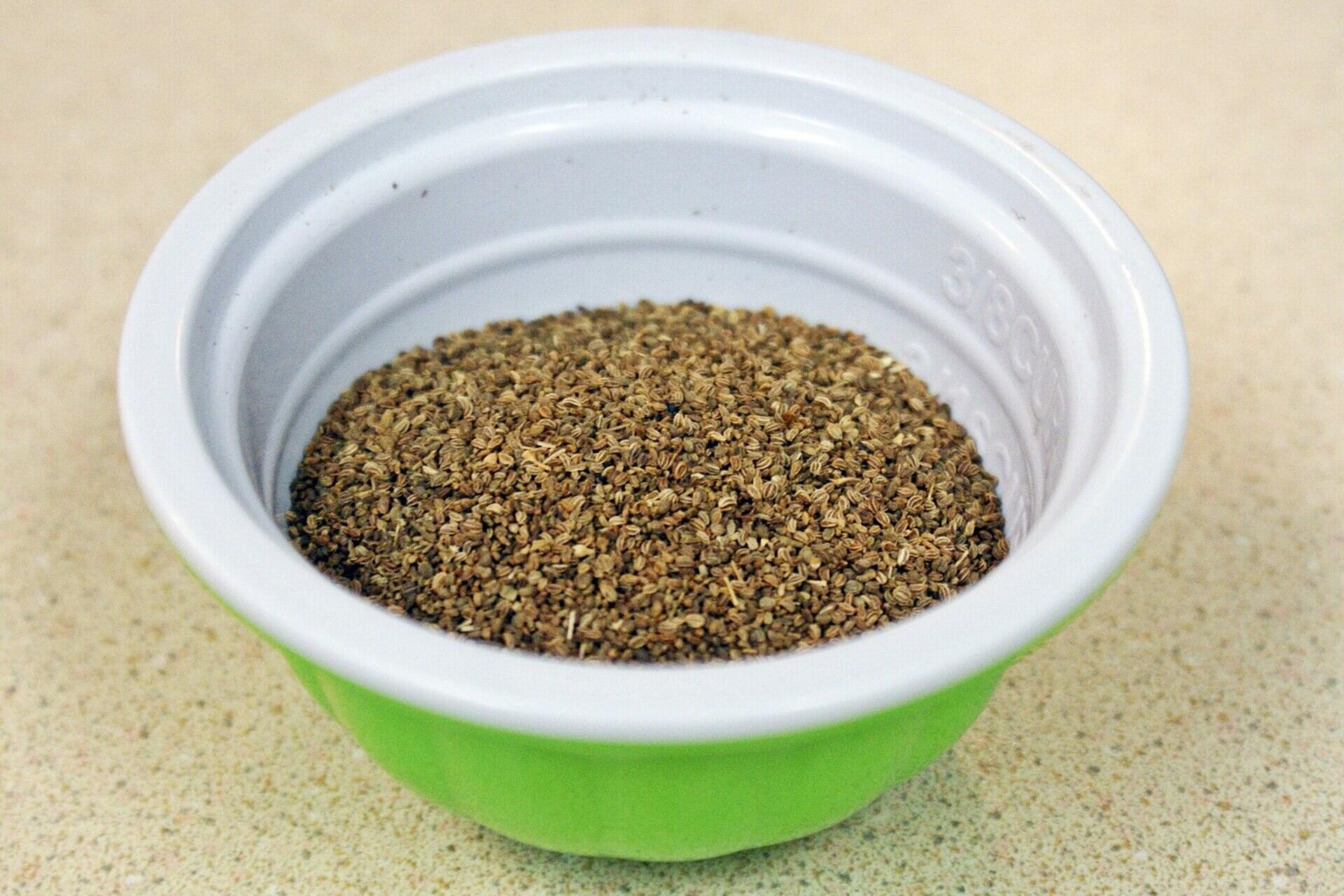
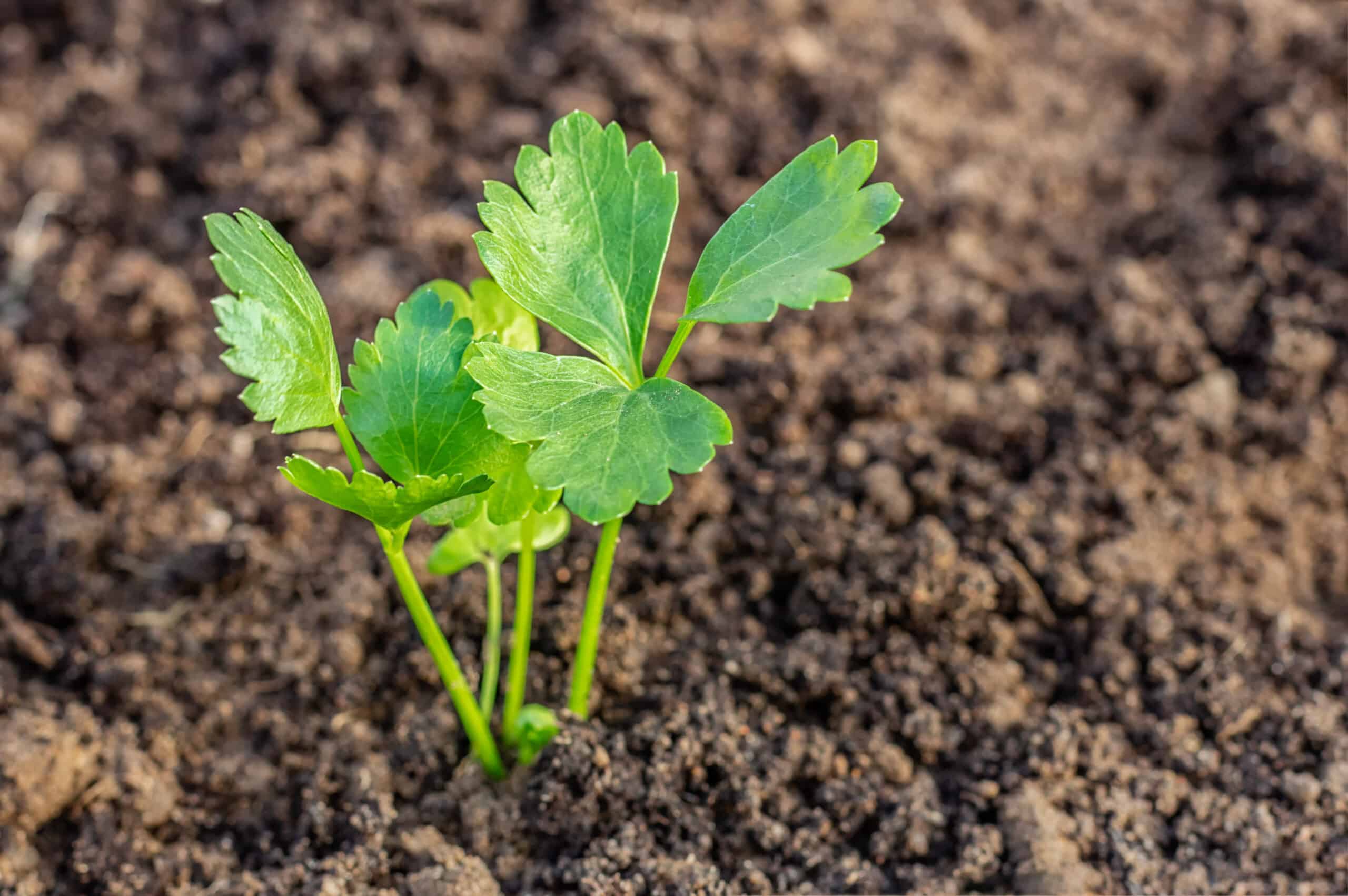
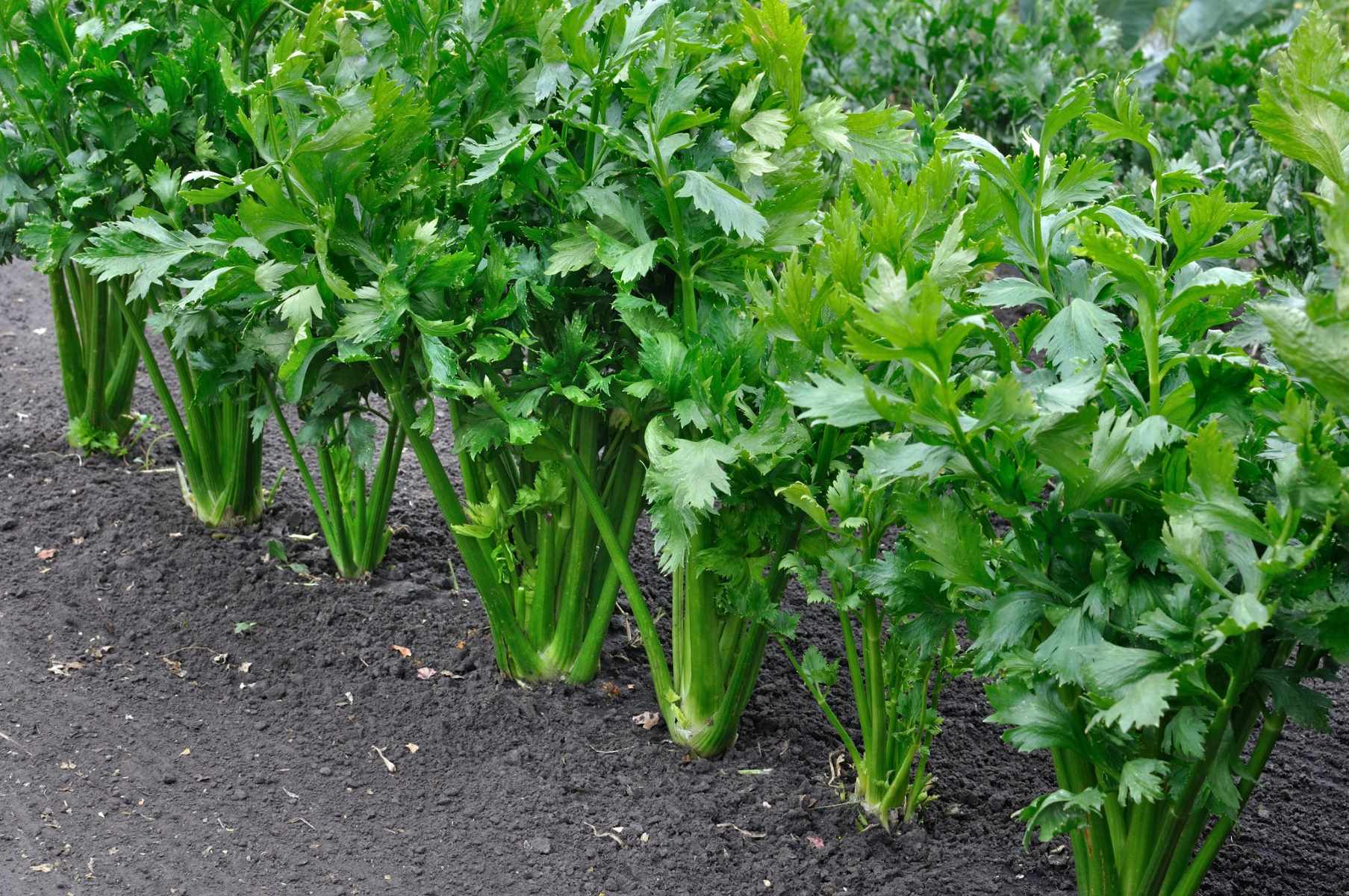
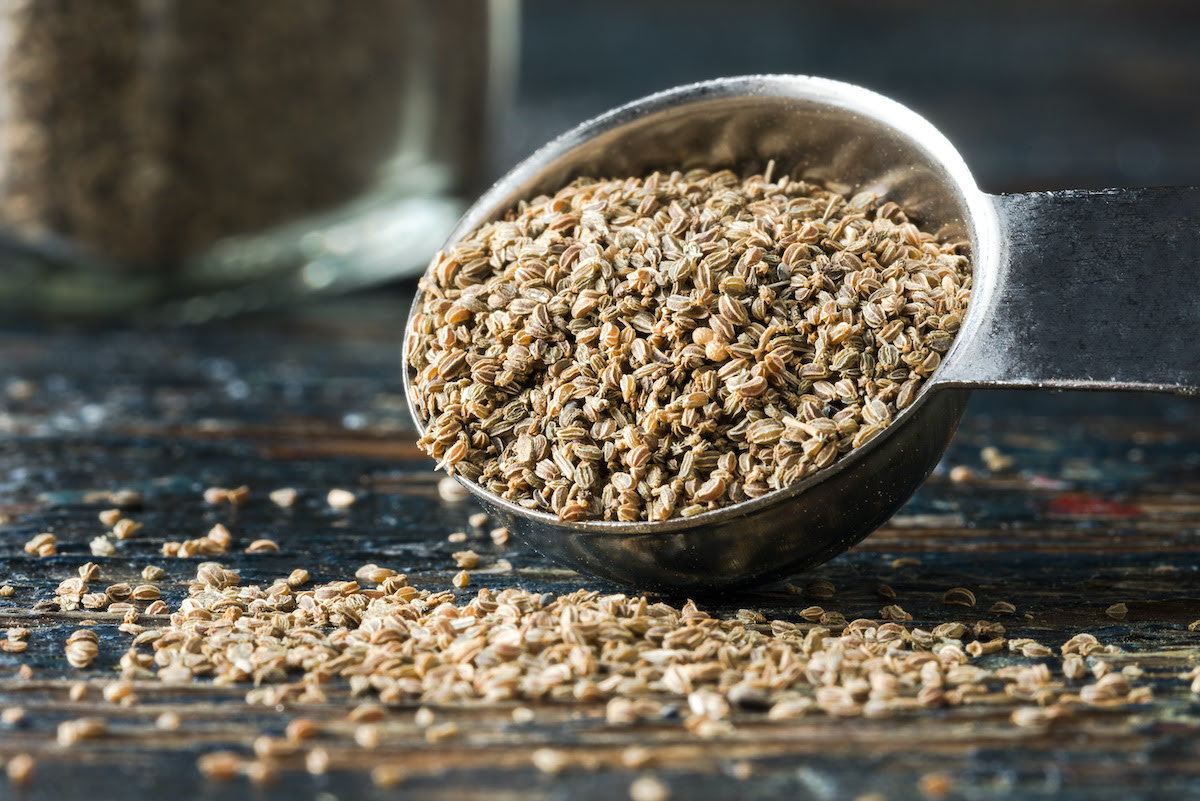
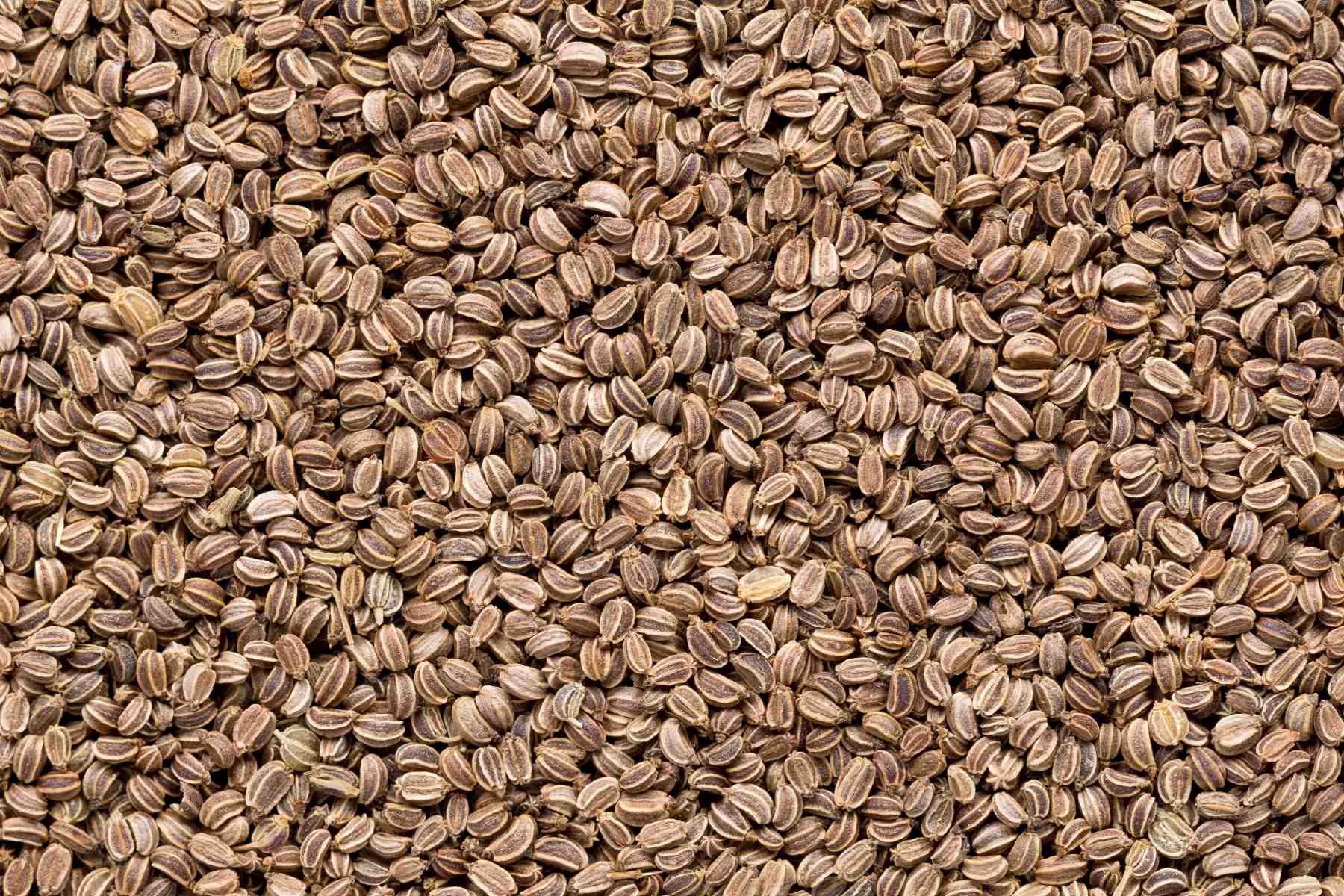
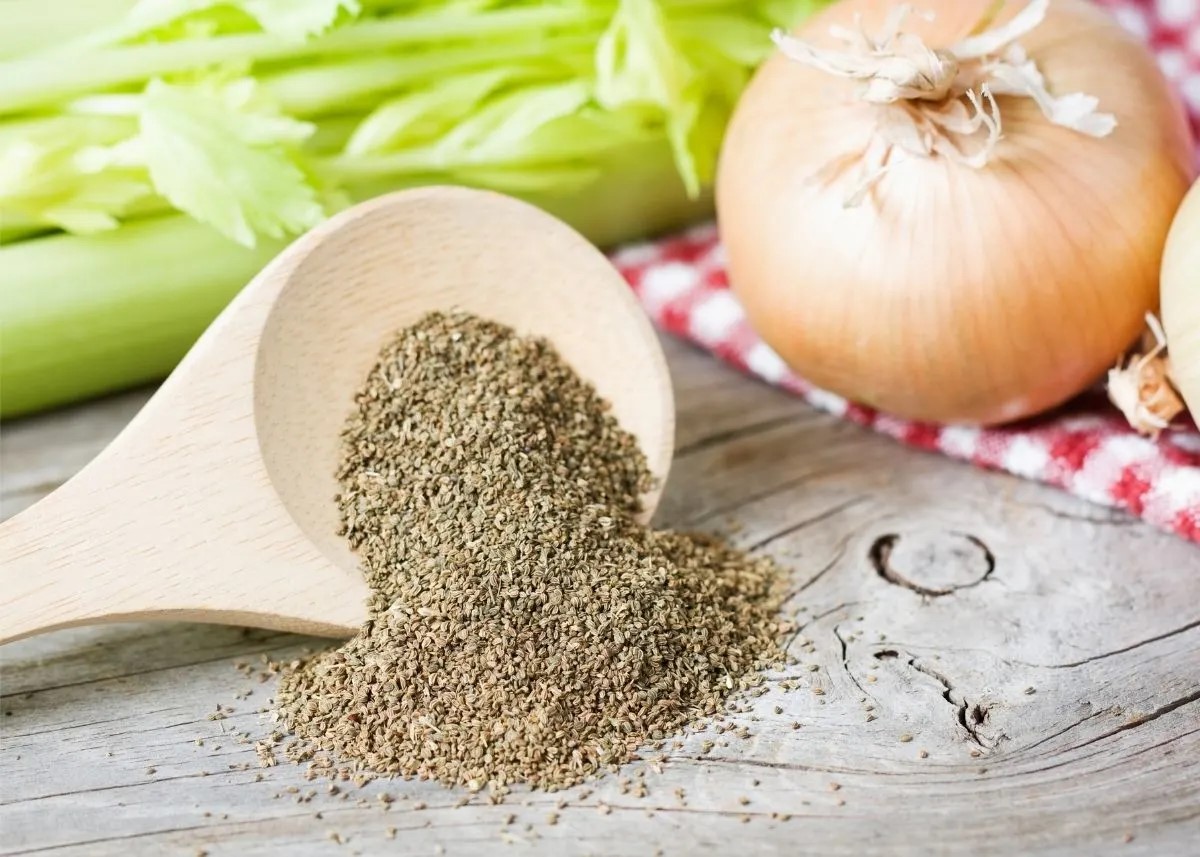
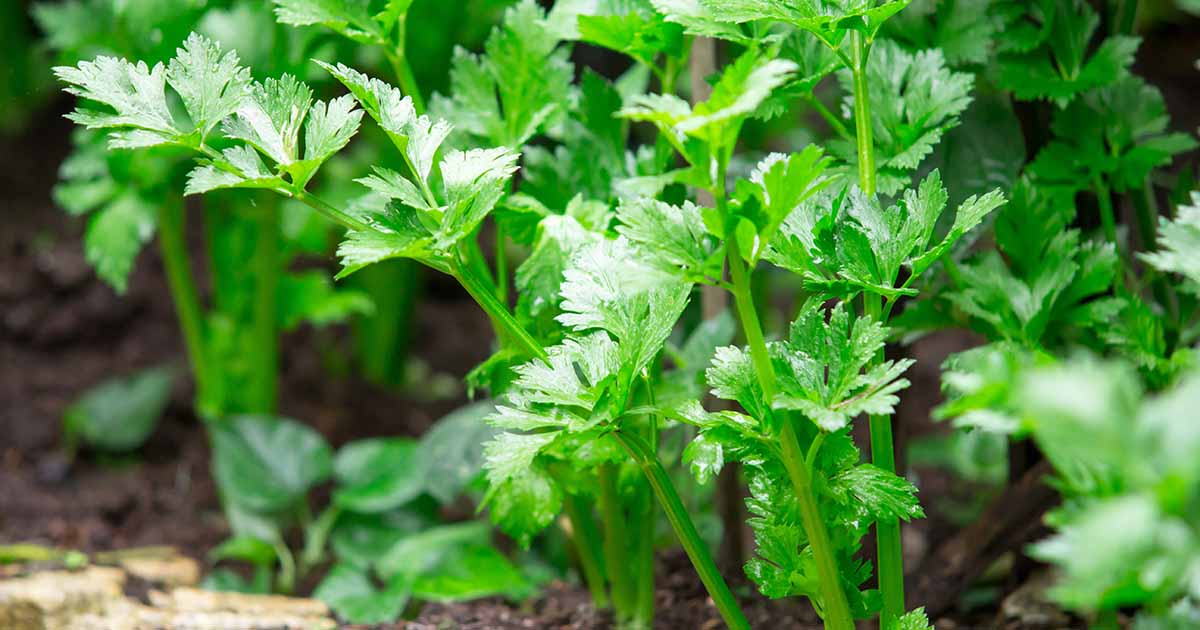
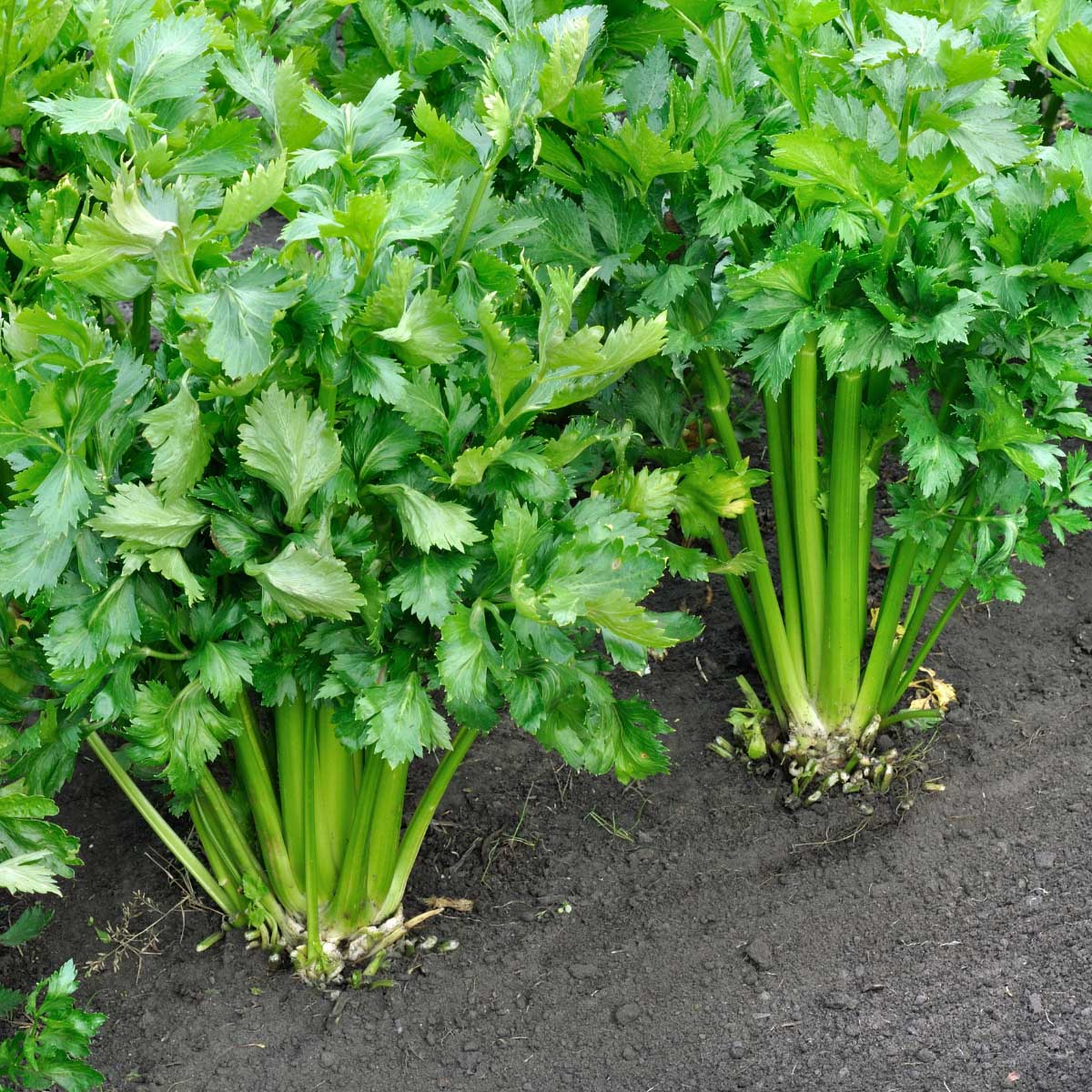
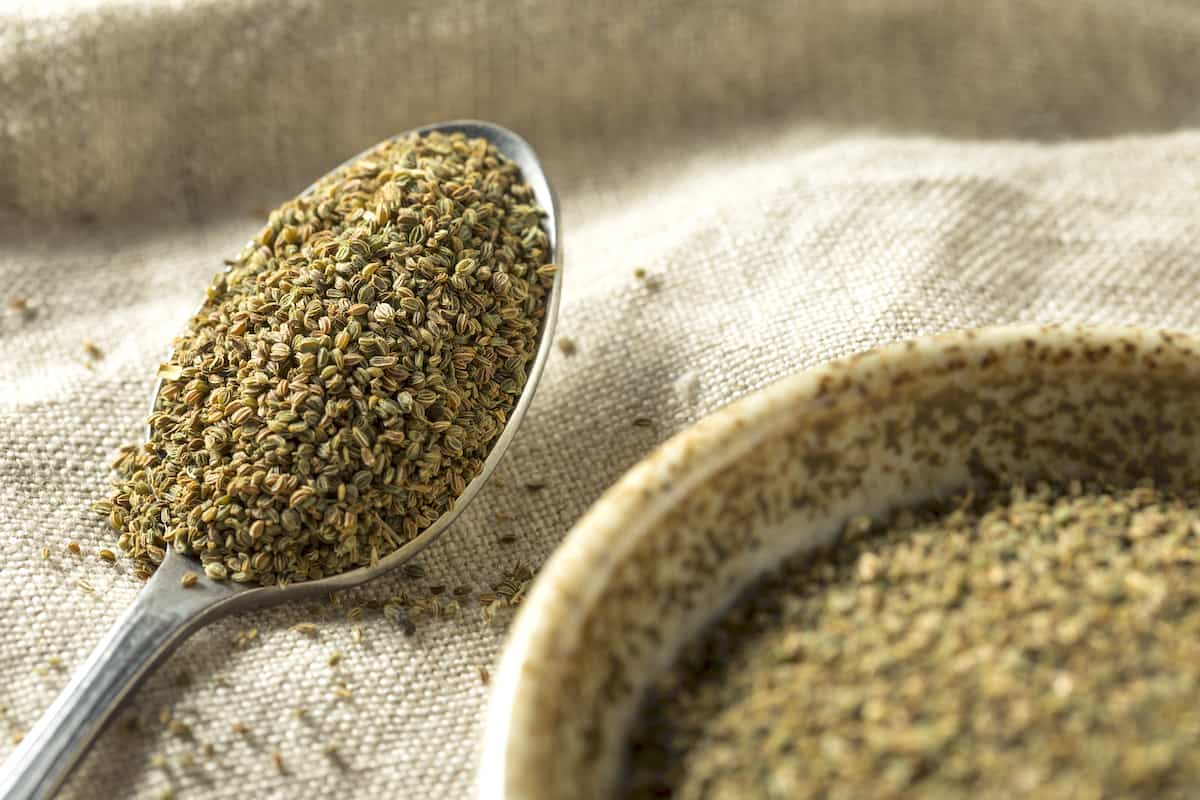
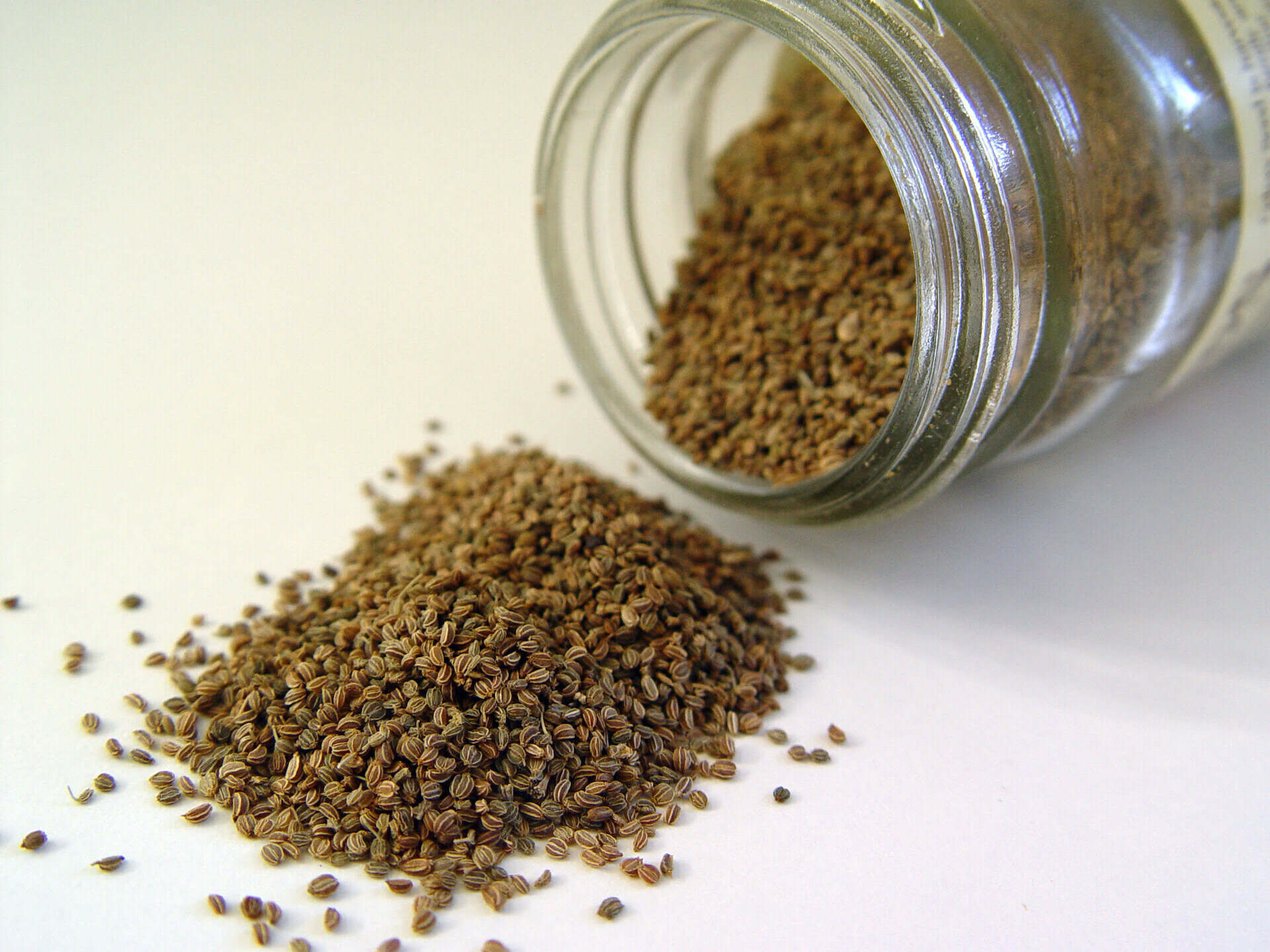
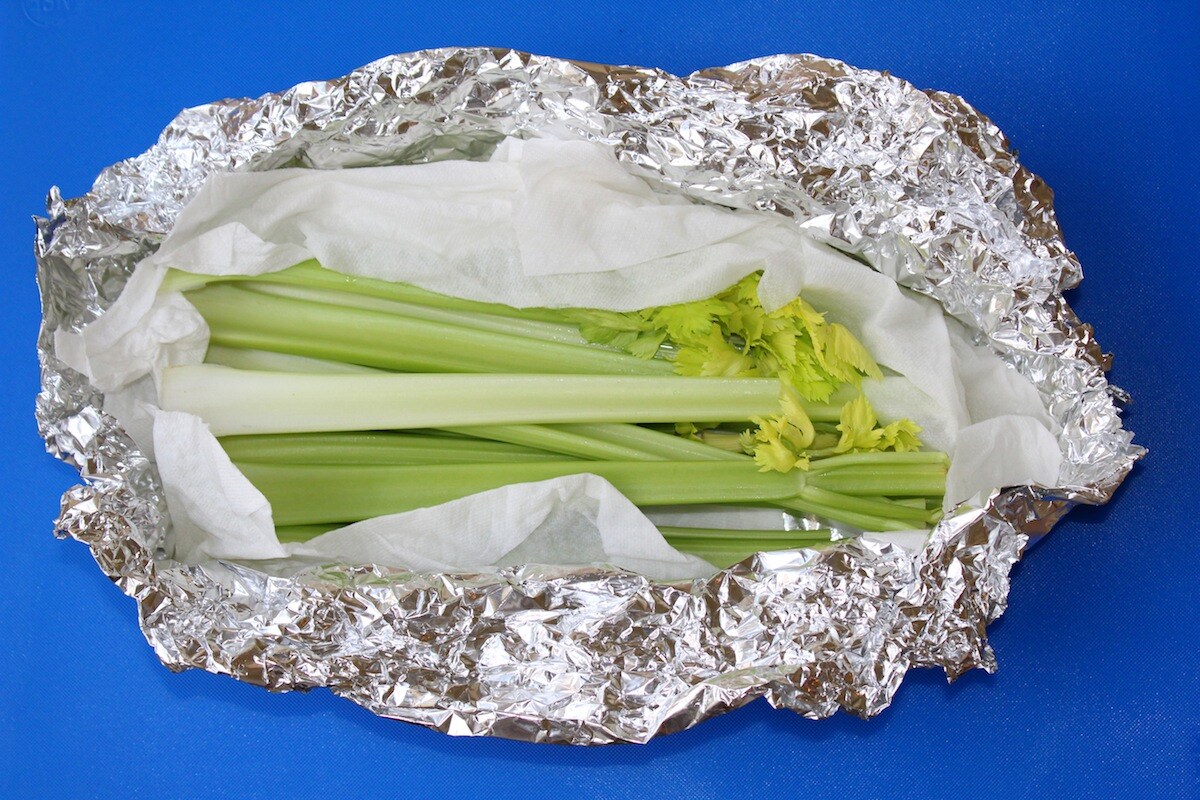
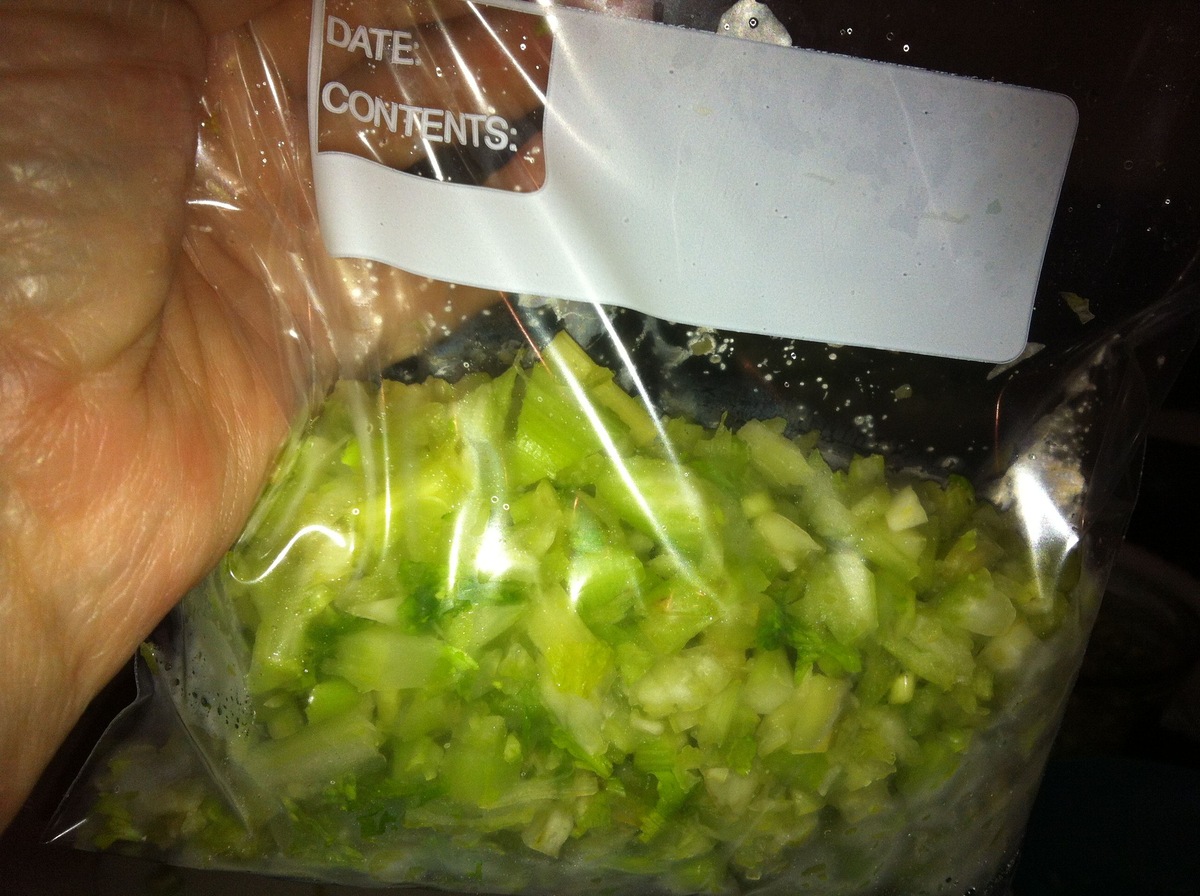

0 thoughts on “How To Use Celery Seeds”